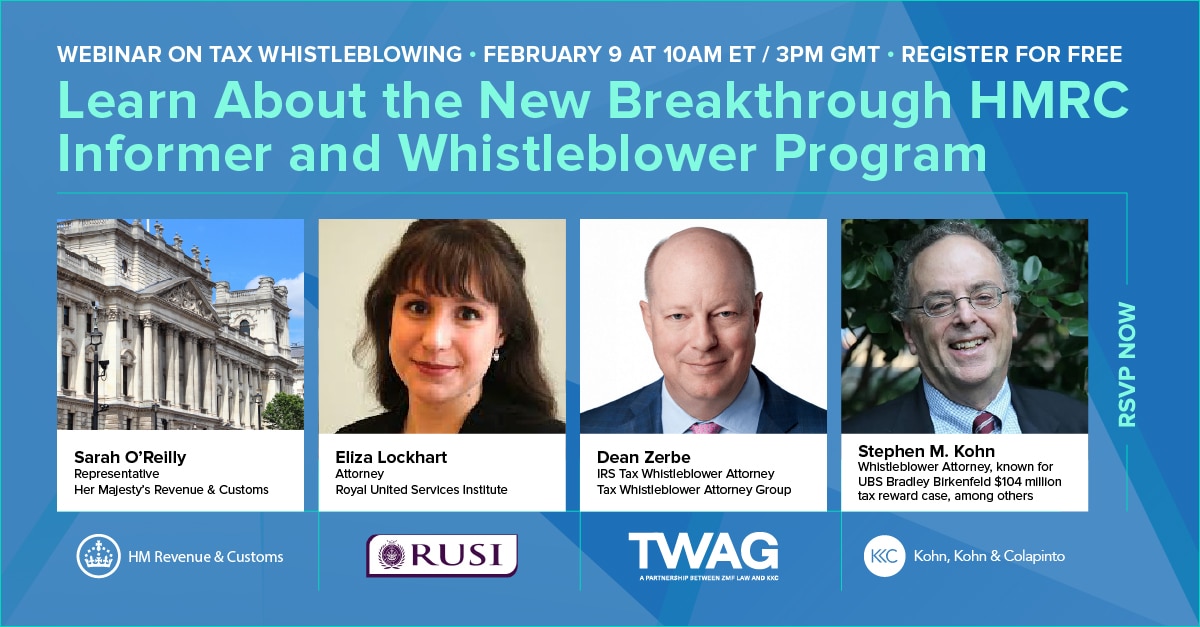CFTC Whistleblower Awarded $2 Million for Reporting Fraud under Dodd-Frank Act

Earlier this month, the U.S. Commodity Futures Trading Commission (CFTC) announced it had paid a $2 million whistleblower reward to an individual who provided critical information through independent analysis of market data. This marked the first time the CFTC Whistleblower Program has paid a whistleblower award to a company outsider.
The CFTC Whistleblower Office’s order found the whistleblower “voluntarily provided original information” which was “specific, credible and timely” and led to a successful enforcement action. The order said the whistleblower provided assistance throughout the course of the investigation, including “analysis in interpreting voluminous data.”
According to Christopher Ehrman, Director of CFTC’s Whistleblower Office, the award illustrates two key aspects of the CFTC Whistleblower Program “that an individual doesn’t have to be an insider to receive a whistleblower award and the Commission can pay awards based on related actions brought by other regulators.”
“The Dodd-Frank Act is the most powerful qui tam whistleblower law on the planet. It arms whistleblowers with protection from retaliation and pays the whistleblower meaningful monetary rewards,” said whistleblower attorney, Michael D. Kohn, partner in Kohn, Kohn & Colapinto, a law firm with a primary litigation focus of representing qui tam whistleblowers.
The CFTC’s Whistleblower Program pays monetary awards to eligible whistleblowers who voluntarily provide the CFTC with original information on violations of the Commodity Exchange Act that leads to a successful enforcement action resulting in monetary sanctions exceeding $1,000,000. Whistleblower rewards under the program are mandatory for qualified whistleblowers and must be paid in the range of 10-30% of the collected proceeds. Employers cannot retaliate against whistleblowers or encumber potential whistleblowers from communicating with the CFTC.
The CFTC has awarded over $85 million to whistleblowers since the program’s inception in 2014 up to 2018. The Enforcement Division has collected over $675 million from monetary sanction over the same duration.
Related links:
Latest News & Insights
January 27, 2026





